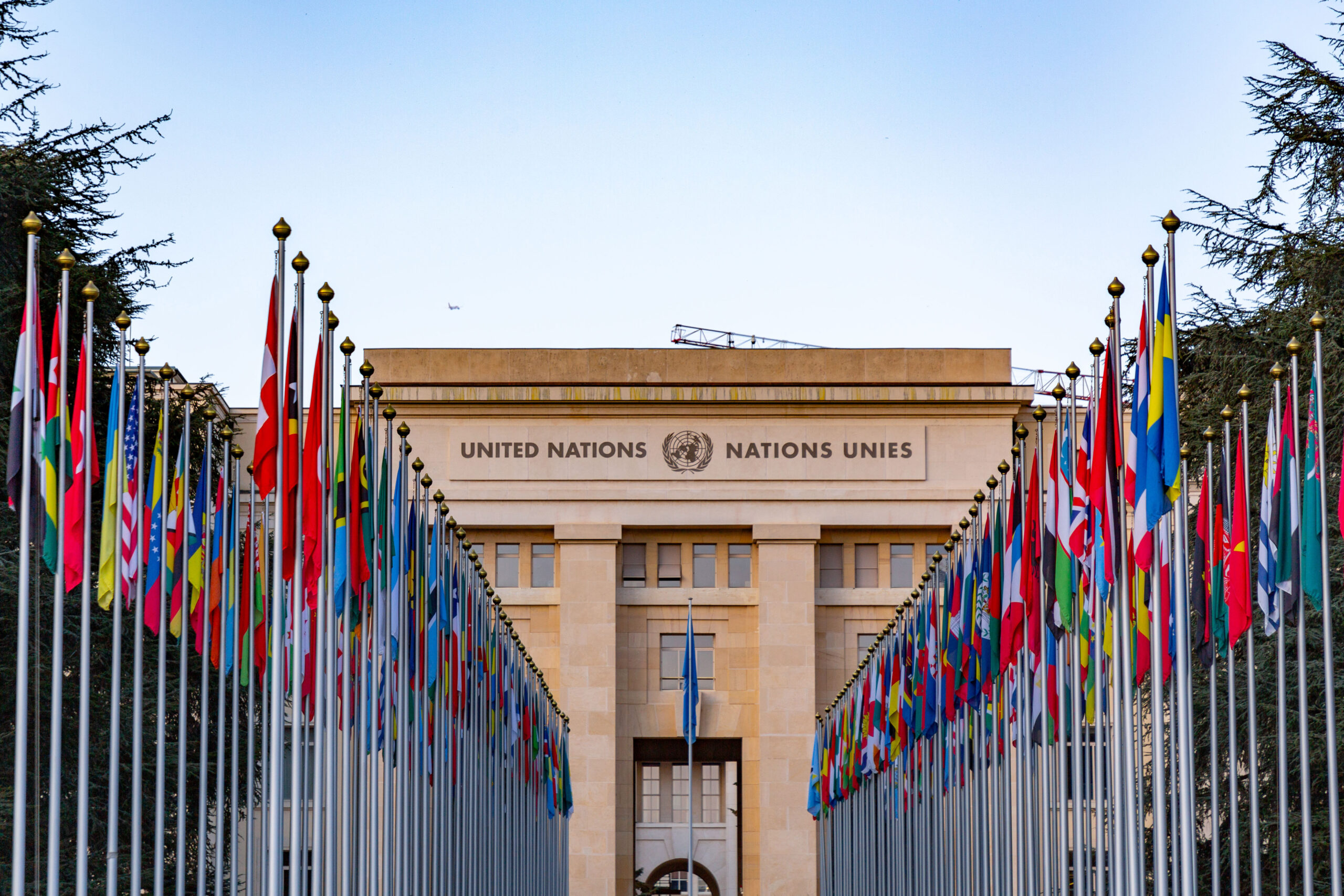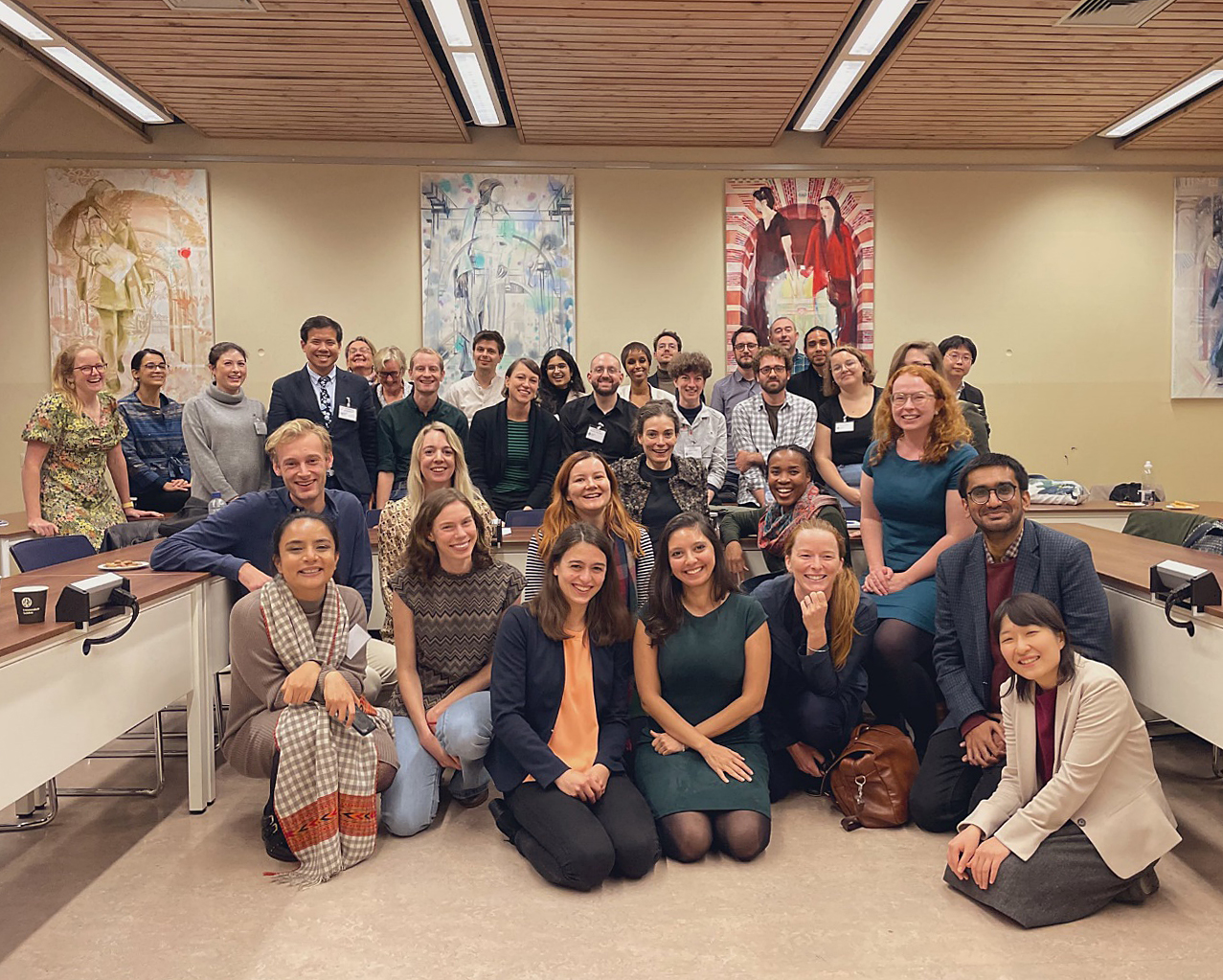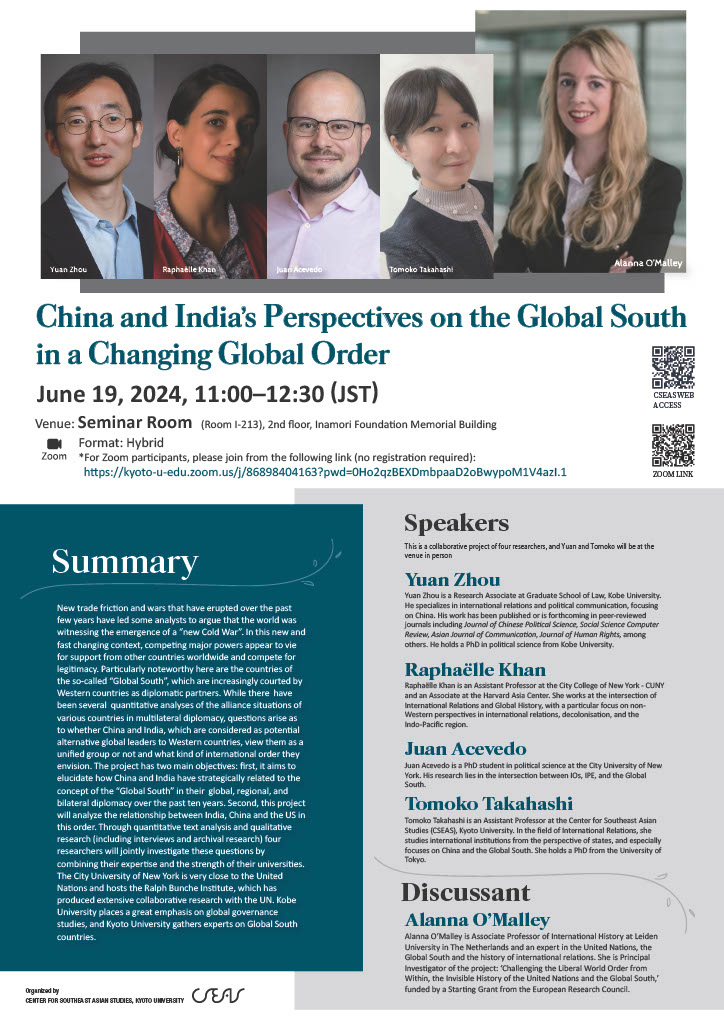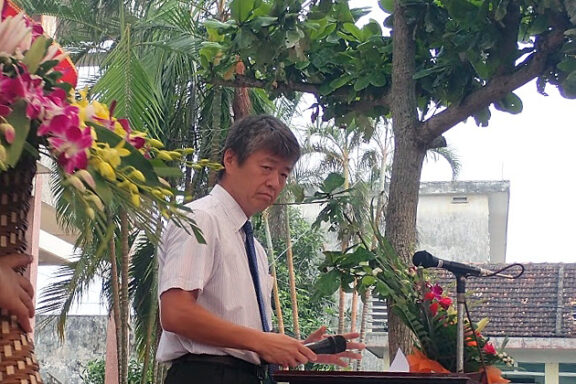Tomoko Takahashi (International Relations)
A New Phenomenon:
Global South as Protagonist
International Relations (IR) as a field originated in discussions on how conflicts can be resolved peacefully through modern diplomacy (Carr 1939). Initially, after World War I, the only states recognized as independent actors on the diplomatic stage were those deemed “civilized” according to Western values. Consequently, colonies were not treated as subjects of analysis in IR, and they appeared only in specific contexts as objects of control or aid. After World War II, these regions gradually gained independence as states and began to conduct their own diplomacy as “developing countries.” In the context of the Cold War, however, they became targets to be drawn into the respective blocs of opposing superpowers and these “Third World” countries were often unable to exert their agency. Although these new states were independent according to international law, they did not benefit much from economic liberalization and continued to suffer from the disparity known as the “North-South divide.”
The situation finally began to change after the Cold War, when these countries no longer had to follow the foreign policies of major powers. They became active participants in multilateral diplomacy at venues like the United Nations General Assembly (UNGA), where each country, regardless of size, had one vote in negotiations. Needless to say, the implementation of rules can ultimately depend on budgetary contributions and sometimes major powers “buy” votes from smaller countries through aid to secure behaviors that align with their national interests (Vreeland and Dreher 2014). Even so, major powers must now be mindful of the sentiments of developing countries, as they are forming coalitions like the Group of 77 (G77) to present new perspectives and some are growing into emerging economies. Moreover, the economic and military rise of China and India, often regarded as leaders of the Global South, are causing “developed countries” to be concerned that the international order they established may be overturned (Tocci 2023).
Following the example of defining these previously marginalized entities as the “Global South” (Armillas-Tiseyra and Mahler 2021), this essay will refer to such countries and regions as the Global South.

The Inquiry for New Theories:
The “Distance” between the Global South and Researchers
Since the Cold War, IR scholars have referenced works in history, area studies, political thought, and comparative politics to study how countries of the Global South have engaged with international affairs (Brazinsky 2017; O’Malley 2020; Peterson 2006; Shimazu 2014) and how they have failed to shape the international order (Getachew 2019) through such efforts as the Bandung Conference, the Non-Aligned Movement, and the New International Economic Order. However, as the Global South becomes capable of actually influencing the international order by taking part in international institutions (such as international organizations and international law) through multilateral diplomacy, new theories on institutions are required to analyze this phenomenon.
In this vein, recent scholars question whether the actions of the Global South can be fully explained by existing theories, which have traditionally theorized state interest calculations and the design of international institutions with Western or developed countries in mind (Abbott and Snidal 2021; Koremenos et al. 2001). Some argue that existing theories explain the actions of the Global South well and that these countries are becoming accustomed to using international institutions (Johnston 2008). Others claim that the Global South has utilized such institutions despite facing a gap between the idealism of these institutions and the reality (Shaffer et al. 2015; Manela 2007). Yet others emphasize the unique characteristics of the Global South, pointing to the history of their exclusion as then-colonies from the establishment of international institutions and that such institutions were used as imperialistic tools (Chesterman 2016). Common to these scholars is a strong identity rooted in comparative politics and area studies, with theory considered as something secondary to these fields. In other words, some of the foci on the Global South may be motivated by an underlying motivation to support the de-marginalization of such research subjects.

However, as mentioned above, the contemporary Global South is no longer marginalized (Eslava and Pahuja 2020; O’Malley and Thakur 2022). This sentiment has grown stronger since I participated in the research seminar “The Invisible History of the United Nations and the Global South,” organized by Associate Professor Alanna O’Malley at Leiden University in the Netherlands in October 2022. Along with the advancement of historical studies, there is a pressing need to generalize and theorize the behavior of the Global South in International Relations, and I aim to contribute to this endeavor both as an individual researcher (Takahashi 2021) and through collaborative research. Regarding the latter, it was my honor to host the lecture by Associate Professor O’Malley, entitled “Undetermined Self-Determination: The Afterlives of Global South Anti-colonial Solidarity at the United Nations,” and the presentation of our initial research findings with Assistant Professor Raphael Khan, Dr. Yuan Zhou, and Mr. Juan Acevedo, entitled “China and India’s Perspectives on the Global South in a Changing Global Order” at the Center for Southeast Asian Studies on June 19, 2024.

At the same time, I constantly reflect on how to maintain an appropriate “distance” from the empirical subject as an individual researcher. This is influenced by a valuable piece of advice I received during my undergraduate years from Professor Masashi Haneda (Emeritus Professor, the University of Tokyo), who said, “never forget the uniqueness that comes from being Japanese or from being yourself.” Following this, I have come to believe that the unique appeal of conducting research from Japan, which is both a developed country and part of Asia, lies in its proximity to the West and the Global South. This allows for human networks and resource access from these regions, which leads to a fair assessment of both sides. If we lack theorization based on the actions of the Global South, I wish to collect data on their behaviors from scratch, quantify where necessary and analyze them, and present findings as knowledge, just as existing theories were born from empirical analysis focused on the West.
References
Abbott, Kenneth W. and Duncan Snidal, eds. 2021. The Spectrum of International Institutions: An Interdisciplinary Collaboration on Global Governance. London and New York: Routledge.
Armillas-Tiseyra, Magalí and Anne Garland Mahler. 2021. “Introduction: New Critical Directions in Global South Studies.” Comparative Literature Studies 58 (3): 465–84.
Brazinsky, Gregg. 2017. Winning the Third World: Sino-American Rivalry During the Cold War. Chapel Hill: The University of North Carolina Press.
Carr, Edward Hallett. 1939. The Twenty Years’ Crisis, 1919–1939: An Introduction to the Study of International Relations. New York: Perennial.
Chesterman, Simon. 2016. “Asia’s Ambivalence about International Law and Institutions: Past, Present and Futures.” European Journal of International Law 27 (4): 945–78.
Getachew, Adom. 2019. Worldmaking after Empire: The Rise and Fall of Self-Determination. Princeton University Press.
Eslava, Luis, and Sundhya Pahuja. 2020. “The State and International Law: A Reading from the Global South.” Humanity: An International Journal of Human Rights, Humanitarianism, and Development 11 (1): 118–38.
Johnston, Alastair Iain. 2008. Social States: China in International Institutions, 1980–2000. Princeton and Oxford: Princeton University Press.
Koremenos, Barbara, Charles Lipson, and Duncan Snidal. 2001. “The Rational Design of International Institutions.” International Organization 55 (4): 761–99.
Manela, Erez. 2007. The Wilsonian Moment: Self-Determination and the International Origins of Anticolonial Nationalism. Oxford, New York: Oxford University Press.
O’Malley, Alanna. 2020. “India, Apartheid and the New World Order at the UN, 1946–1962.” Journal of World History 31 (1): 195–224.
O’Malley, Alanna, and Vineet Thakur. 2022. “Introduction: Shaping a Global Horizon, New Histories of the Global South and the UN.” Humanity: An International Journal of Human Rights, Humanitarianism, and Development 13 (1): 55–65.
Peterson, M. J. 2006. The UN General Assembly. London and New York: Routledge.
Shaffer, Gregory, James Nedumpara, and Aseema Sinha. 2015. “State Transformation and the Role of Lawyers: The WTO, India, and Transnational Legal Ordering” Law & Society Review 49 (3): 595–629.
Shimazu, Naoko. 2014. “Diplomacy As Theatre: Staging the Bandung Conference of 1955.” Modern Asian Studies 48 (1): 225–52.
Takahashi, Tomoko. 2021. “Rising and Leading: China with the G77 at the United Nations General Assembly (October 1, 2021).” Available at SSRN: https://ssrn.com/abstract=3944408 or http://dx.doi.org/10.2139/ssrn.3944408.
Tocci, Nathalie. 2023. “War in Ukraine Is Revealing a New Global Order—and the ‘Power South’ Is the Winner.” The Guardian, September 20. Last accessed on September 17, 2024 at: https://www.theguardian.com/commentisfree/2023/sep/20/war-ukraine-new-global-order-power-south-india-china.
Vreeland, James Raymond and Axel Dreher. 2014. The Political Economy of the United Nations Security Council: Money and Influence. Cambridge University Press.
Eye-catching photo:
Concept puzzle with flags of the world and the United Nations in a highlighted piece
(ktsdesign — stock.adobe.com)
This article is also available in Japanese. >>
「国際関係論がグローバル・サウスについて語るとき」
(高橋知子)





